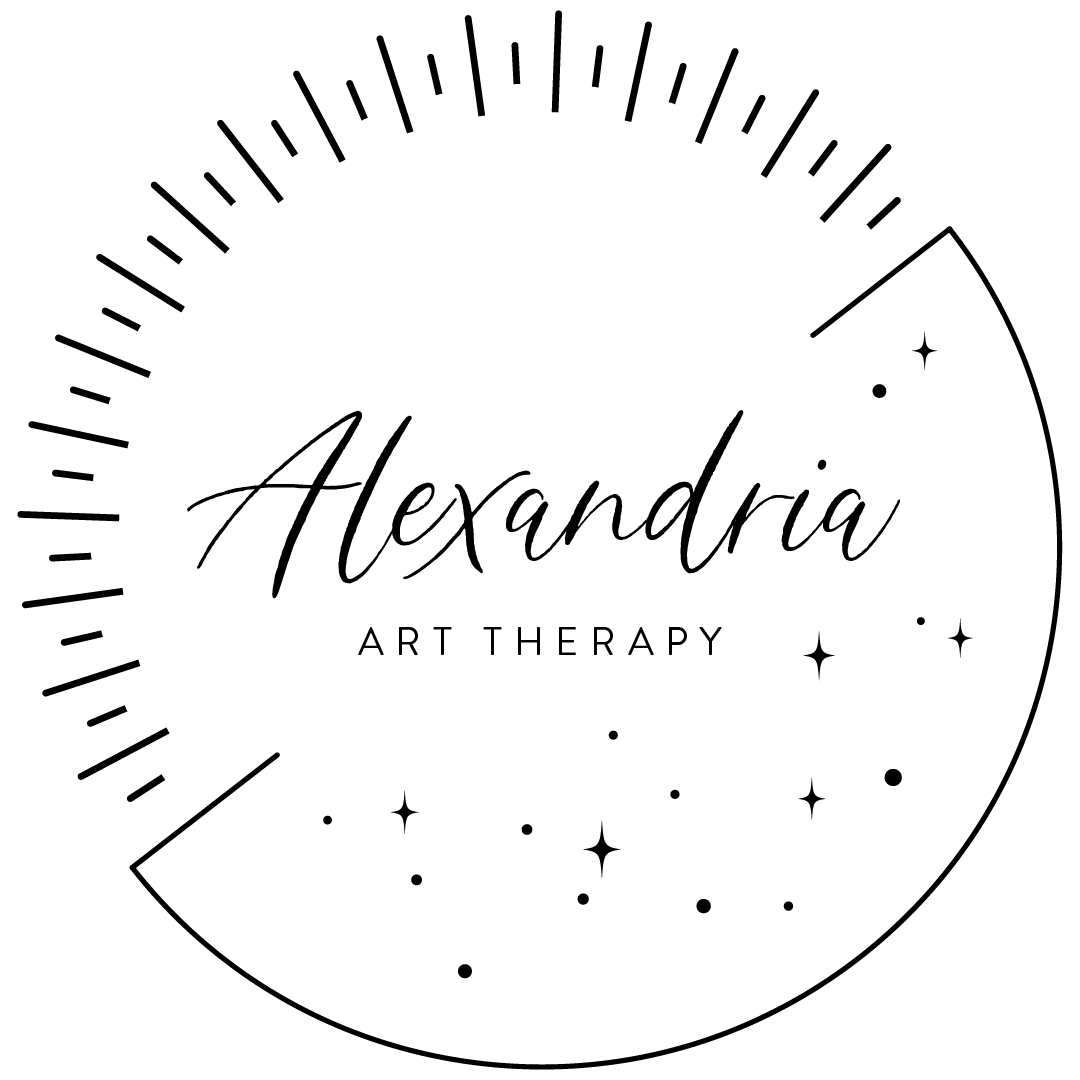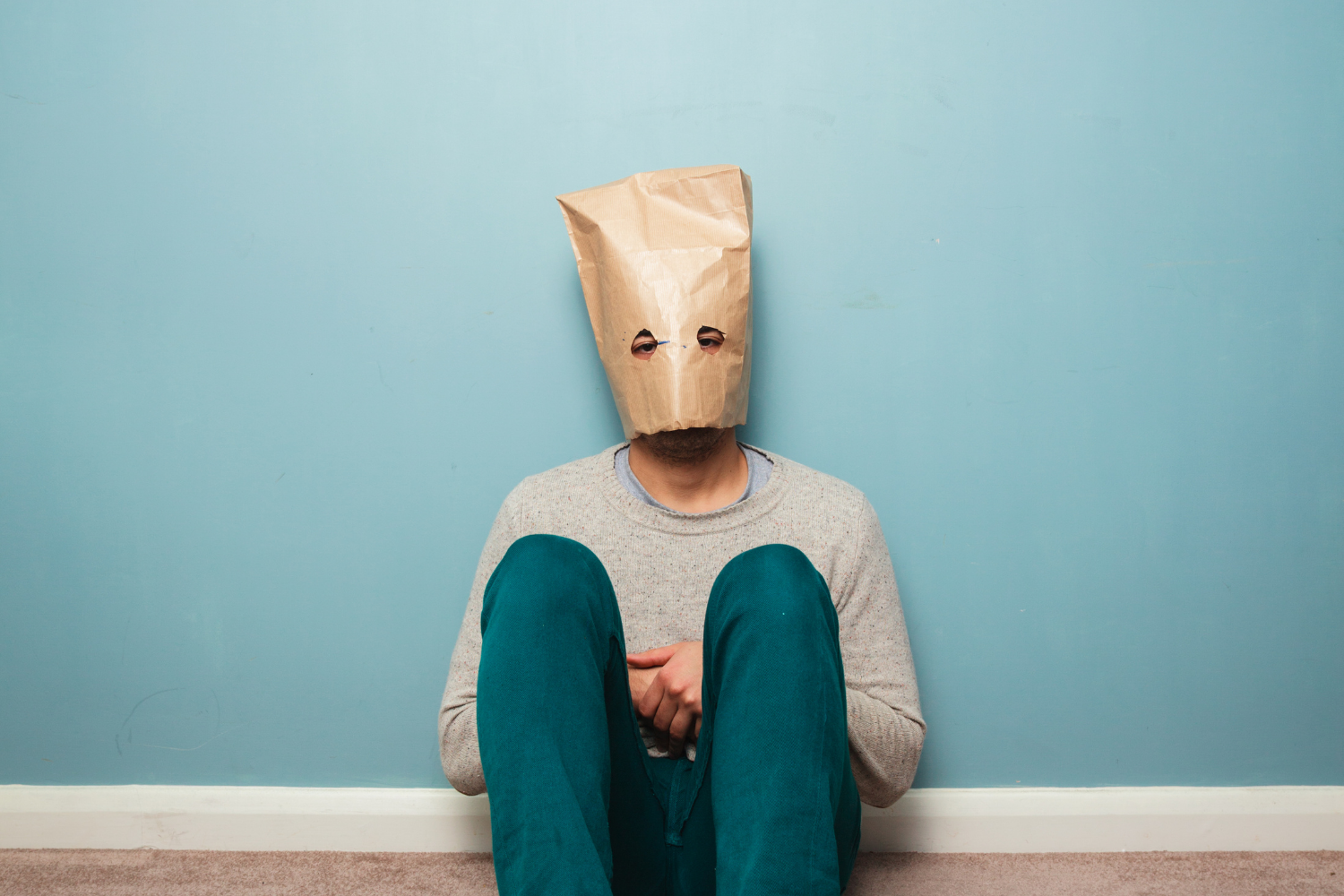Combating Existential Dread
What’s the point?
In my conversations with friends, family, and clients lately, I’m noticing a theme: things feel meaningless, and nothing seems worth it right now. Maybe it was always there below the surface, but this year, feelings of existential dread are especially pervasive.
COVID case counts surge. Uncertainty reigns. The country is still in limbo. The holidays feel stripped of all their usual spirit. And it gets dark at 5PM.
With limited access to pleasurable activities, it’s really hard to stay in this sense of dread with nothing to balance it out. We are living the same day over and over again, and there’s so very little to look forward to. This has a lot of us asking...is this life? Is this it?
MAKING MEANING
One reason for this sense of existential dread is that meaning-making is difficult during a stress response. You can’t process trauma that you are still experiencing. The trauma first has to stop, and then you can begin to dismantle and interpret. It may seem like a far stretch to call this year traumatic--I’ve seen those memes about the great generation being called to war, while we’re called to sit on the couch. But do not underestimate this experience. Again, we are unable to process how much this year has changed our world and our lives because we are still living through it.
Making meaning is also connected to the planning part of our brains, and it’s difficult to access that region when we are experiencing an acute stress response. Have you noticed that you’ve become more short-sighted, only able to think of solving your most immediate problem? This isn’t just because we don’t know when the pandemic will end. When your brain is in survival mode, it prioritizes the immediate, while planning becomes nearly impossible. Maslow’s hierarchy of needs theorizes that humans must satisfy the lower levels before moving up through the hierarchy. First, do you have food, water, shelter, safety? If not, it’s difficult for our brains to access the higher levels of the hierarchy (relationships, accomplishment, fulfillment) through the process of meaning making.
Think for a moment about the last time you truly felt safe.
Was it in 2019? Same here. So I think we can all grant ourselves a reprieve on high-level meaning making this year.
BURNOUT’S TOLL
Existential dread and burnout also go hand in hand. Herbert Freudenberger defines burnout as:
Emotional exhaustion
Depersonalization
Decreased sense of accomplishment
Burnout is affecting so many of us, depleting us further. This would explain why you’re wondering what it all means right now--your day-to-day feels even less meaningful than before.
If you’re experiencing loss of work or the loss of a loved one due to the pandemic, life may seem like pure struggle. But even if things are otherwise going well, the pandemic creates a perfect setup for burnout.
I worked so hard to get to this point in my career--I have the funds and flexibility now to travel, go to nice restaurants, take a cooking class, go on a retreat--but now I can’t do any of those things.
Jobs that were fulfilling enough before the pandemic because they included travel or extracurricular social activities now fall flat.
I thought I liked my job, but it turns out I really just liked the people.
With these things stripped away, we’re left with drudgery and burnout. Humans, ultimately, want to do more than just survive.
And this is just work. There’s also the burnout that’s specifically related to the pandemic. Though we’ve learned so much since last spring (you can stop disinfecting your groceries now), there’s also a sense that, in America, we’re not really getting anywhere. After months of rule-following--staying away from friends and family, wearing our masks, canceling plans--the case counts are higher than ever. Talk about a decreased sense of accomplishment.
So the solution to existential dread is meaning-making. But meaning-making can’t happen while our brains are like this. What are we supposed to do?
COMBATING EXISTENTIAL DREAD
What if...you didn’t compare things to how life was before?
Ask yourself, “how do I make this bearable now?” You don’t have to fix this. You don’t have to find solutions. You don’t have to know what it all means.
We are all working on learning to sit with this discomfort. We are working on building tolerance.
How do you stretch your tolerance?
Tiny moments.
Notice that feeling of dread? Yup, it’s there.
It’s hard. I don’t like it.
What might bring the most tiny sense of comfort? Refill your tea. Grab a snack. Take it back to that bottom rung of the hierarchy by checking on your basic needs. Think “HALT”: am I Hungry, Angry, Lonely, Tired?
In these winter days, lack of exposure to light can disrupt your circadian rhythms and alter your production of melatonin and serotonin. A light box or dawn simulator (also called a “happy lamp” or “SAD lamp” for Seasonal Affective Disorder) can also help.
FIND YOUR FLOW
When we feel discomfort (and existential discomfort is BIG discomfort), we often try to numb those feelings. Whether through alcohol or food or just binging on TV, we are clawing around for any way to feel less. New research shows that we may fare better if we substitute numbing behaviors with trying to find flow. In a flow state, you lose track of time, and you’re completely absorbed by the activity you’re doing. This new study (specifically about people in lockdown during COVID) shows that the people who frequently enter the flow state experienced decreased loneliness and higher levels of positive emotions.
“No one can tell you what brings you flow; you have to discover and experience [it] yourself,” clinical psychologist Claire Nicogossian writes. To tap into what might get you into that state, ask yourself: “what were the activities you did when you were growing up or before life became focused on productivity and responsibilities when you experienced flow?”
EXAMINE & REINVENT YOUR VALUES
While bigger questions like “what will this pandemic mean for society” are impossible to answer right now, you can also combat existential dread by examining your own values to find where meaning already exists for you.
Think beyond “faith, family, & football” and go more specific. Define the values that bring meaning to your day-to-day. Journal or create a piece of art about these values.
I value time spent watching my child learn new things.
I value the outdoors and cultivating my small piece of it.
I value books / music / art and will make more space for them in my day.
Again, try not to get trapped by chronicling the value of “before.”
But I really do value dinner parties and family celebrations.
The core value here is connection. Or, you value being able to show hospitality to others. (How else can you connect? How else can you show this care?)
Sonya Renee Taylor reminds us, "We will not go back to normal. Normal never was. Our pre-corona existence was not normal other than we normalized greed, inequity, exhaustion, depletion, extraction, disconnection, confusion, rage, hoarding, hate and lack. We should not long to return, my friends. We are being given the opportunity to stitch a new garment. One that fits all of humanity and nature."
When it comes to existentialism, we usually get caught in the depressing view of dread. What’s the point? What does it all mean, if anything?
But what if we approached these questions from a perspective of opportunity?
If there isn’t any defined meaning in the world, I have the opportunity to make it exactly what I want to be. I get to say what it all means. This can be overwhelming--the possibilities are endless. But it is liberating as well. You get to choose.


